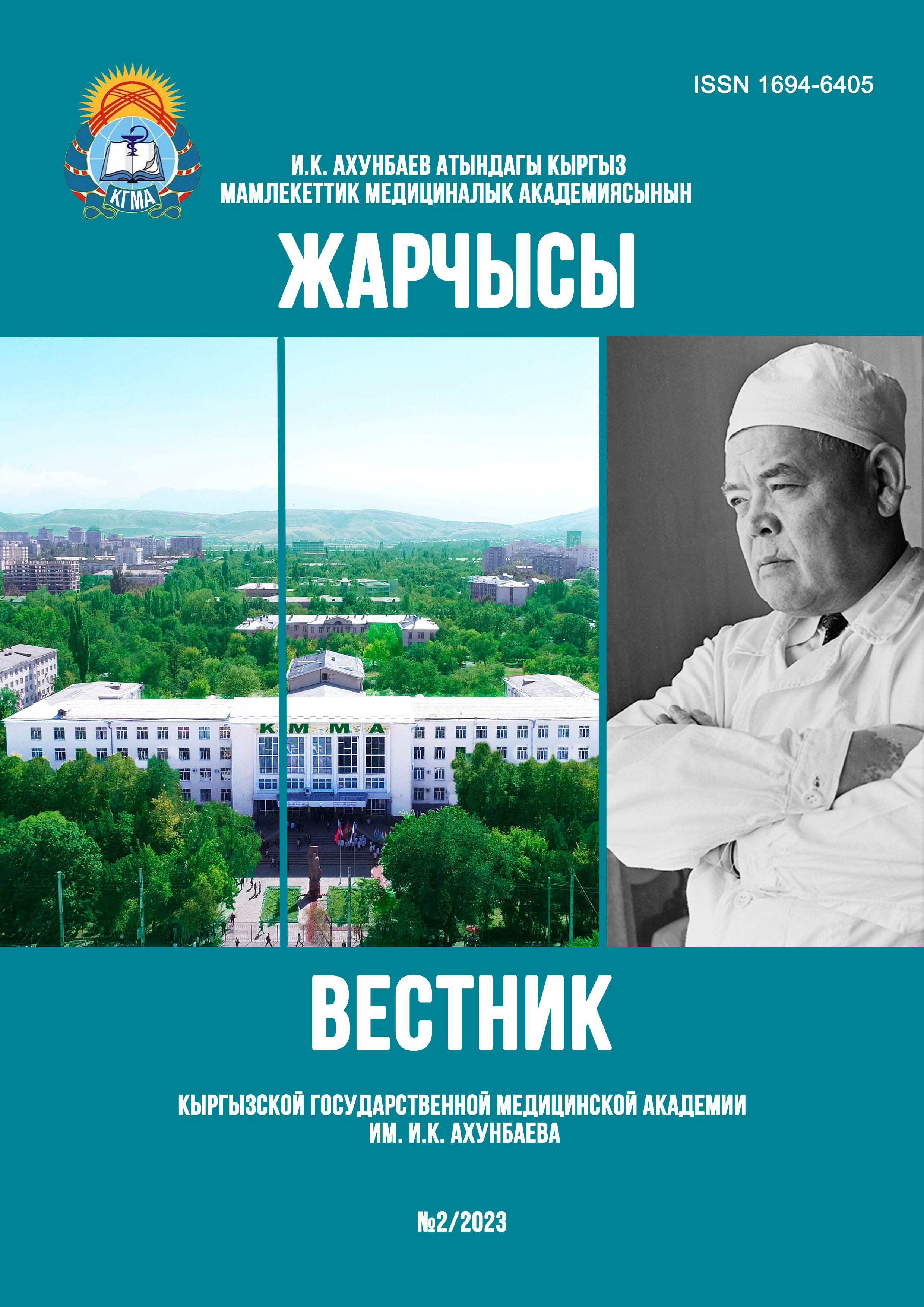PROBLEMS, TASKS AND POSTULATES OF THE SCIENCE OF COGNITIVE LINGUISTICS
DOI:
https://doi.org/10.54890/1694-6405_2023_2_149Abstract
This article discusses the goals, problems, tasks of cognitive linguistics – how the processes of perception, categorization, classification and understanding of the world are implemented, how knowledge is grouped, which systems provide various types of information activities. The nature of linguistic knowledge, its assimilation and application are given.
The solution of mental problems is directly related to the use of language, since language has turned out to be the most powerful semiotics of all communication systems. It is a cognitive mechanism that provides virtually unlimited production and understanding of meanings in speech activity. Language not only mediates the transmission and reception of information, knowledge and messages, but also processes information received by a person from the outside, that is, builds a specific language framework. This, language creates opportunities for organizing and systematizing a large amount of knowledge in memory, for creating a linguistic picture of the world characteristic of each ethno-cultural community.
Therefore, the approach to language learning today is so complex that it can be qualified as an interdisciplinary cognitive science combining the efforts of linguists, philosophers, psychologists, neurophysiologists, cultural scientists, specialists in the field of artificial intelligence and others.
Keywords:
cognitive linguistics, concept, cognitive scientist, extra linguistics, metaphor, metonymy, memory, imagination, perception, thinking.References
1. Камбаралиева У.Дж. Когнитивдик тил илими. –Бишкек: 2019. 324 с. [Kambaralieva U.Dzh. Kognitivdik til ilimi. –Bishkek: 2019. 324 s. (In Kyrgyz)].
2. Шиляев К.С. Введение в когнитивную лингвистику. Томск: ТГУ; 2018. 46 с. [SHilyaev K.S. Vvedenie v kognitivnuyu lingvistiku. Tomsk: TGU; 2018. 46 s. (In Russ.)]
3. Скребцова Т. Г. Когнитивная лингвистика: классические теории, новые подходы. М.:Издат. Дом ЯСК; 2018. 392 с. [Skrebcova TG. Kognitivnaya lingvistika: klassicheskie teorii, novye podhody. M.:Izdat. Dom YASK; 2018. 392 s. (In Russ.)]
4. Саматов К. Кыргызстандагы когнитивдик лингвистика. КРСУнун жарчысы, 2021; 21(2):112-125.[Samatov K. Cognitive linguistics in Kyrgyzstan. Herald of KRSU. 2021; 21(2):112- 125. (In Kyrgyz)].
5. Маслова В.А. Концептуальные основы современной лингвистики: учебное пособие. М.:ФЛИНТА; 2019. 332 с. [Maslova VA. Konceptual'nye osnovy sovremennoj lingvistiki: uchebnoe posobie. M.:FLINTA; 2019. 332 s. (In Russ.)].
6. Дербишева З.К. Кыргызский этнос в зеркале языка. Бишкек: 2012. 404 с. [Derbisheva ZK. Kyrgyzskij etnos v zerkale yazyka. Bishkek: 2012. 404 s. (In Russ.)].







